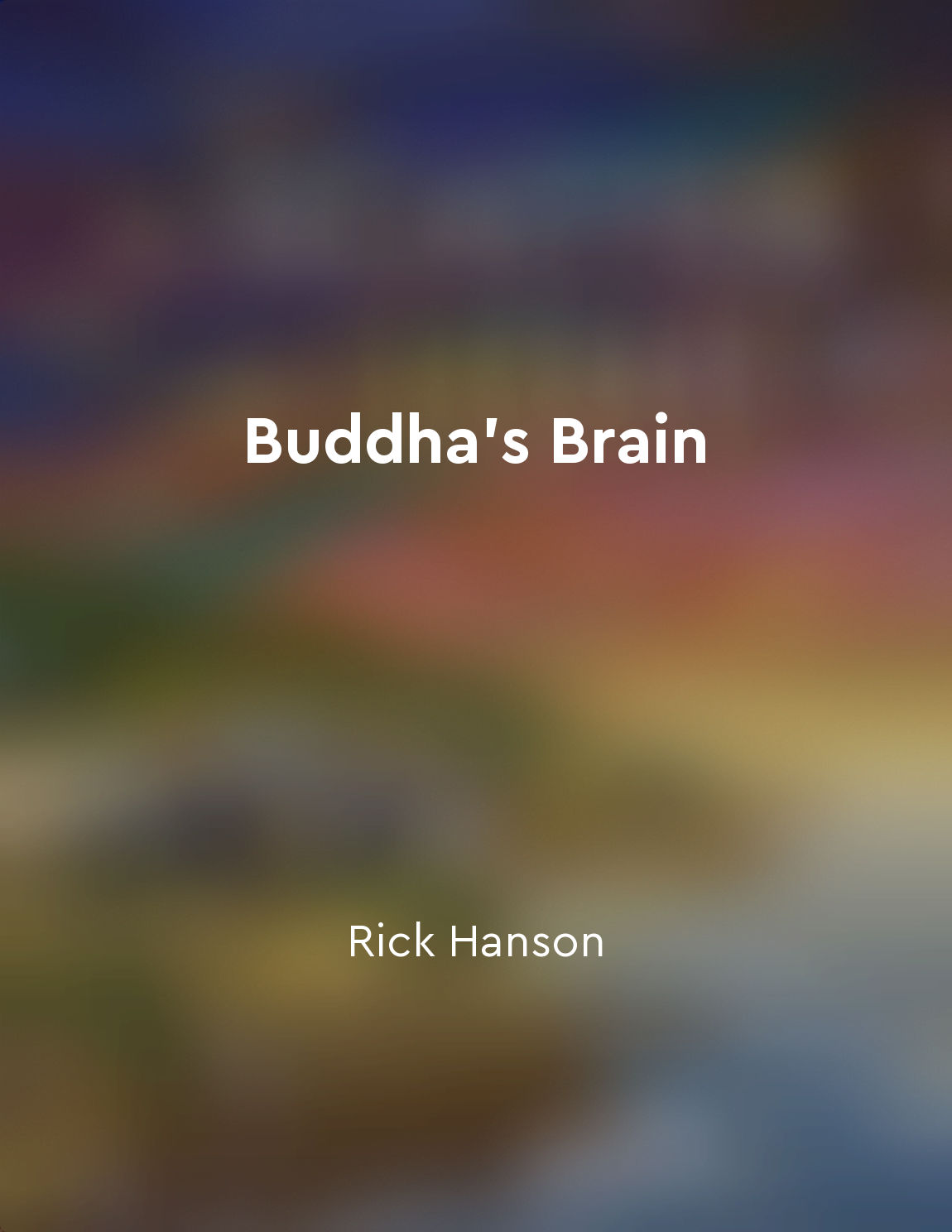Mindfulness can reduce stress and improve health from "summary" of A Mindful Nation by Tim Ryan
In our fast-paced, high-stress world, the idea of slowing down and being more mindful may seem like a luxury we can ill afford. However, the reality is quite the opposite. Mindfulness is not just a way to relax and de-stress; it is a powerful tool that can have far-reaching effects on our health and well-being. When we are stressed, our bodies go into fight-or-flight mode, releasing cortisol and other stress hormones that can wreak havoc on our physical and mental health. Chronic stress has been linked to a myriad of health problems, from heart disease to depression. By practicing mindfulness, we can break this cycle of stress and reduce the harmful effects it has on our bodies. Mindfulness allows us to be fully present in the moment, to observe our thoughts and feelings without judgment. This awareness helps us to recognize when we are becoming stressed and to take steps to calm ourselves down before it spirals out of control. By practicing mindfulness regularly, we can rewire our brains to be less reactive to stress and more resilient in the face of challenges. Studies have shown that mindfulness can have a positive impact on a wide range of health issues, from chronic pain to high blood pressure. By reducing stress and promoting relaxation, mindfulness can help to lower inflammation in the body and boost the immune system. This can lead to a lower risk of developing chronic diseases and a greater overall sense of well-being. In addition to its physical health benefits, mindfulness can also improve our mental health. By cultivating a greater sense of awareness and self-compassion, we can better cope with anxiety, depression, and other mental health conditions. Mindfulness can help us to break free from negative thought patterns and to cultivate a more positive outlook on life.- Mindfulness is not just a passing fad or a trendy self-help technique. It is a powerful tool that can help us to reduce stress, improve our health, and lead more fulfilling lives. By incorporating mindfulness into our daily routines, we can take control of our well-being and find greater peace and happiness in our lives.
Similar Posts
Finding purpose in life adds meaning to one's emotional journey
The pursuit of purpose is a fundamental aspect of the human experience. When individuals find a sense of purpose in their lives...
Find joy in the journey, not just the destination
When we set out to achieve a goal, it's easy to become fixated on reaching the finish line. We become so consumed by the end re...
Cultivate good habits
The concept of cultivating good habits is not just about following a routine or checklist. It goes deeper than that. It's about...
Selflessness and interdependence
The concept of selflessness and interdependence is a fundamental teaching in Buddhism, emphasizing the interconnected nature of...

Foster resilience
Resilience is the ability to bounce back from life's challenges and difficulties. It is like a muscle that can be strengthened ...
It fosters a sense of gratitude
When we cultivate mindfulness, we are training ourselves to pay attention to the present moment without judgment. This practice...
Identify triggers for anxiety
Identifying triggers for anxiety is crucial in managing your mental health. Think of triggers as the things that set off your a...
Stress is a natural part of life that can be managed
Stress is an inevitable part of life. It’s our body’s natural response to perceived threats, whether they are physical, emotion...
By practicing mindfulness, individuals can learn to respond to challenges with clarity and composure
Mindfulness involves paying attention to the present moment without judgment. It allows individuals to observe their thoughts, ...
Mindfulness can lead to a greater sense of gratitude and appreciation for life
When we practice mindfulness, we are training ourselves to pay attention to the present moment with openness, curiosity, and ac...

